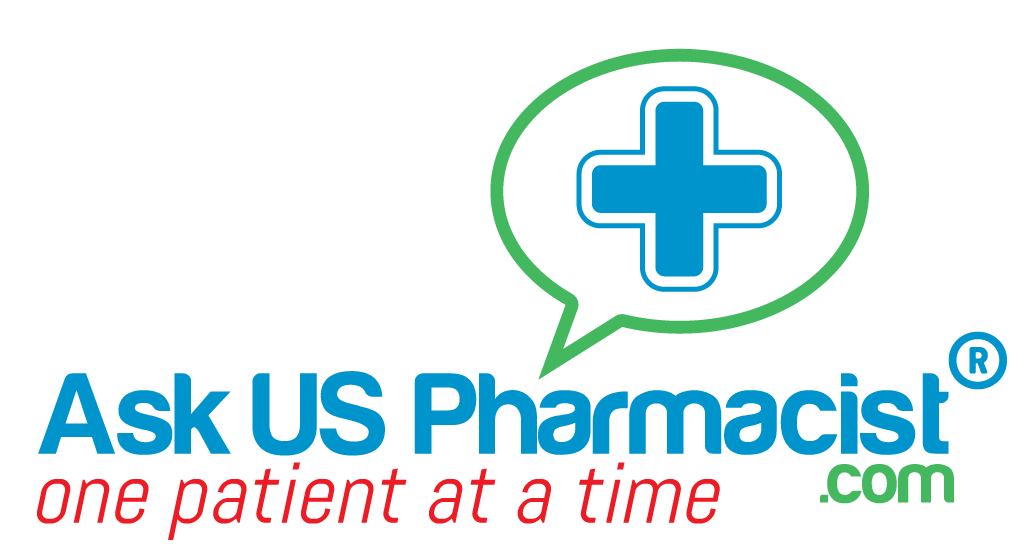- Experienced Board Certified Pharmacist
- 100% Discretion & Confidentiality
Sodium Chloride
What is the med used for?
Sodium Chloride (Saline) is a medication used for bronchodilator diluent, corneal edema (swelling on the cornea), genitourinary irrigant, hyponatremia (low level of sodium), nasal congestion, parenteral nutrition, and wound irrigation.
What class of med is this med?
Sodium Chloride is a sodium salt of medication called crystalloid fluid. This med is used for cleaning/washing, moisturizer, nutritive agent, sodium supplement, etc.
What does it contain, both active and inactive constituents?
The active ingredient of this medication is Sodium Chloride. The common inactive ingredient for Sodium Chloride (Saline) is purified water. However, the inactive ingredient may vary depending on the formulation and the purpose of the use. Unsure about your Sodium Chloride Inactive ingredients? Chat with our team today!
Why am I taking the med?
This medication is commonly prescribed for bronchodilator diluent, corneal edema, genitourinary irrigant, hyponatremia, nasal congestion, parenteral nutrition, and wound irrigation. Your doctor could have prescribed this med for other medical conditions. Not sure why you are taking this med? Chat with our team today!
How do I know if the med is working for my condition?
Depending on what Sodium Chloride is being used for, it will be used as an irrigation, sodium supplement, or bronchodilator diluent.
What is the dose, how do I take it and what do I take it with?
Sodium Chloride is available as a prescribed medication in the form of a solution. This medication can be given intravenously, as an irrigant medication (wash/cleaning), eye drops, eye ointment, and with a nebulizer. Wash your hands before use. If your hand is being treated, do not wash your hand after use. The starting dose with a nebulizer is 1 to 3 sprays (1 to 3 mL). The starting dose for corneal edema is the application of ointment once daily or more often, or 1 to 2 drops of solution in the affected area every 3 to 4 hours. The starting dose for genitourinary irrigant is 1 to 3 L/day by intermittent irrigation. The starting dose for hyponatremia will vary depending on your condition. Your doctor will calculate the amount of solution needed accordingly on how severe your condition is. The starting dose for nasal congestion is 2 to 3 sprays intranasally in each nostril as needed. The starting dose for parenteral nutrition is 1 to 2 mEq/kg/day. Your doctor will determine the amount of Sodium Chloride needed depending on how severe your condition is. For wound irrigation, spray the affected area. If you are unsure about the usage and dosage of this medication. Chat with our team today!
Could the med be replaced or like other meds I am currently on?
Yes, your doctor may have prescribed Sodium Chloride to replace your current Sodium supplement. Another reason could also be the addition of Sodium Chloride to your current mineral salt supplementation.
What food or drinks does the meds interfere with or affect my med?
There is no specific food that may severely interact with Sodium Chloride.
What other meds interfere or affect the med?
There is no specific drug that may severely interact with Sodium Chloride
Can natural products/herbal products affect the med
Avoid natural/herbal products that contain activated charcoal. Are you unsure about your natural/herbal supplements? Chat with our team today!
What are the benefits of taking the med?
Sodium Chloride is commonly prescribed to replenish the sodium levels in the blood, as an irrigation, manage nasal irritation, and corneal edema.
How can I buy/get the med from?
Sodium Chloride is available as a prescribed medication or over-the-counter and can be obtained at your local pharmacy or any other pharmacy licensed by the board of pharmacy.
Where can I store the med?
Sodium Chloride should be stored at room temperature and protected from heat. Do not freeze.
What risk and side effects should I expect from the med?
The most common side effects are phlebitis (inflammation that causes blood clots), injection site disorder, site extravasation (leakage of fluid in the tissue around the injection site), and hypervolemia (fluid overload).
What dangerous side effects should I be alarmed about? And what do I do if that happens?
Sodium Chloride’s dangerous side effects include congestive heart failure, hypernatremia, overhydration, disseminated intravascular coagulation, and respiratory distress. If you experience any of the above-mentioned dangerous side effects, call 911 and or your doctor immediately!
How long do I have to take the med?
The duration of treatment may vary depending on the frequency and severity of your recurrent episodes, adverse effects, and your preference.
How much does it cost out of pocket?
Sodium Chloride solution cost may vary depending on the strength and formulation of the med. The cost average may range from $0.01 to $4.70 per mL. Thankfully, there are a few drug coupons you could use in any drug store in the United States without insurance coverage that could help you pay less. With insurance coverage, you could pay as low as $0 depending on your deductibles. For more information on the cost of your medications and how you could get drug coupons? Chat with our team today!
Does the medication have substitutes?
Yes, Sodium Chloride is a mineral salt called crystalloid fluid. Another possible substitute is Potassium Chloride.
What other medical conditions can the med treat?
Sodium Chloride could be prescribed for cystic fibrosis, diabetic ketoacidosis, hypercalcemia, intracranial hypertension, sclerotherapy, fluid resuscitation in septic shock, subarachnoid hemorrhage with hyponatremia. Not sure why your doctor prescribed this medication? Chat with our team today!
Do I need lab work while on this med?
Depending on your treatment, you will need regular lab work. Your doctor will check your electrolytes level (sodium, potassium, chloride, bicarbonate concentrations, and osmolarity), intake and output, weight, and infusion site.
What should I do if I miss my dose?
If you miss your Sodium Chloride dose, take the missed dose as soon as possible. If it is close to the time of your next dose, skip the missed dose and take your next dose at the regular time. Do not take two doses of Sodium Chloride at the same time.
When can I stop taking the med?
Depending on your condition and how your body responds to your med, your doctor may want you to take the medication until your signs and symptoms improve. Do not stop Sodium Chloride without first talking with your doctor.
How does the med look, its appearance?
Sodium Chloride’s common name in the United States is Saline. Sodium Chloride comes as a clear solution. Chat with our team today if your Mesalamine is different from the above descriptions.
How does the med come?
Sodium Chloride is available as prescribed medication in different concentrations (0.65%, 0.9%, 2%, 3%, 3.5%, 5%, 6%, 7% and 10% per mL).
How many tablets (micrograms/milligrams/grams) do I take?
Your doctor will determine the amount of solution taken according to the condition you are being treated for.
What is the Total Daily Dose (TDD) of the med?
The total daily dose of Sodium Chloride will depend on the condition you are being treated. Consult with your doctor or Chat with our team today if you are unsure about your dosage.
Would my insurance cover the meds? And what is my copay?
Your insurance may cover Sodium Chloride, but it depends on the type of insurance and your deductibles. Your insurance determines your co-pay, not your drug stores or pharmacies. You can always speak to your insurance representatives for more co-pays. Want to know more about reducing the cost of your meds? Chat with our team today!
How can I dispose of the meds?
You can dispose of your Sodium Chloride through “take back” programs. The “take-backs” are designated places that exist in most communities where you can dispose of your unused or expired medications. Drug stores and pharmacies near you also offer on-site drop-off boxes.




